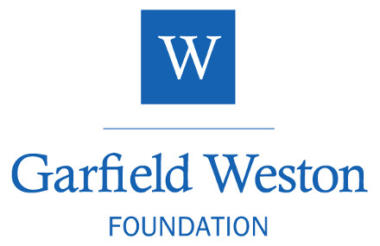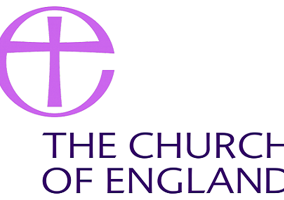The Garfield Weston Foundation, the UK’s second wealthiest charity, saw its value fall by £2.8bn last year, to just under £10bn.
The charity owns a 79 per cent share in Wittington Investments Limited, the majority owner of Associated British Foods, a FTSE 100 company that is the parent brand of Primark. Wittington also owns Fortnum & Mason and Heal’s.
The drop comes after the value of the charity's investments tripled in the last five years.
The reduction in wealth reflects changes in the share price of Wittington’s assets, and does not impact significantly on the charity's ability to give grants.
Despite the drop, Garfield Weston’s income from investments rose to £65.9m, and grantmaking increased to £63.9m.
This is because the charity spends only the income it receives, rather than any of the capital value of the assets, which can fluctuate wildly. Most other foundations of comparable size own shares in a very large number of companies and would be unlikely to see such large swings in capital value.
Because the charity spends only the income from its assets, rather than any of the capital value, its grant-giving is small relative to its size.
“The Foundation’s annual expenditure grew by 7 per cent this year and it is especially pleasing that our grants under £100,000 increased significantly on last year,” the charity’s director, Philippa Charles, said in her introduction to the accounts. “Typically these grants are made to small to medium sized front-line charities that make a real difference to their local communities.
“In addition, successfully reversing a slight decline in the total number of applications the Foundation has received over the past four years, we are particularly pleased to note that our proactive work in the North of England and across categories such as welfare and youth is now bearing fruit. We plan to maintain this activity to ensure that we continue to meet need where it is most acute, especially at a time when unrestricted and core funding becomes ever more important.”
Related articles












